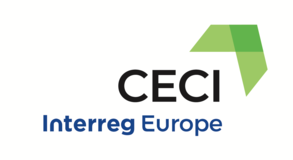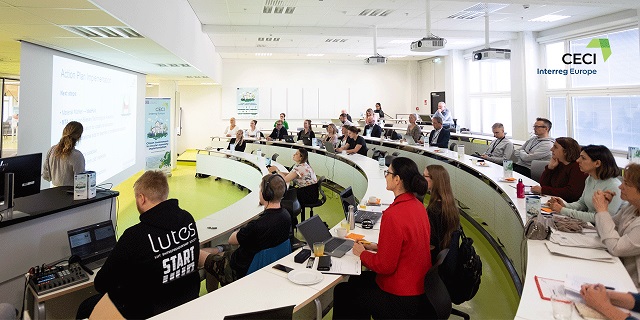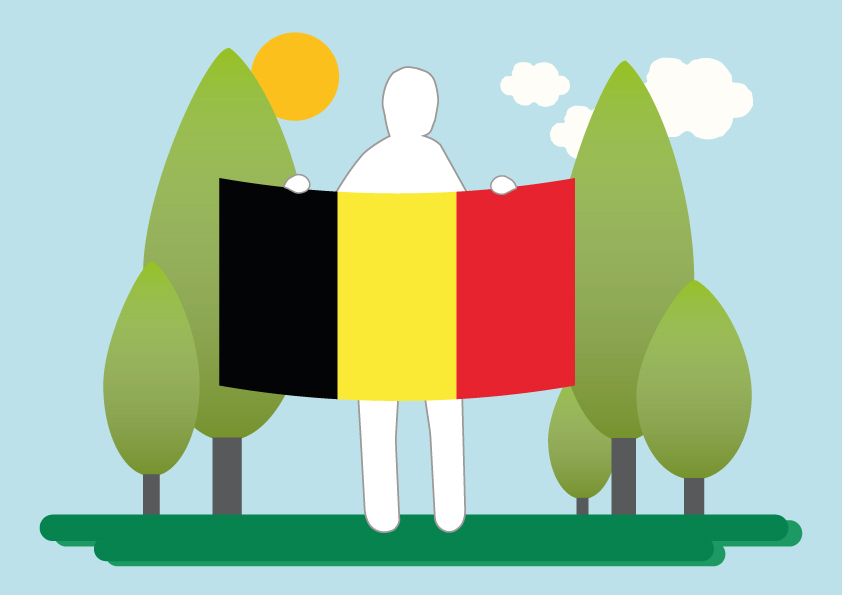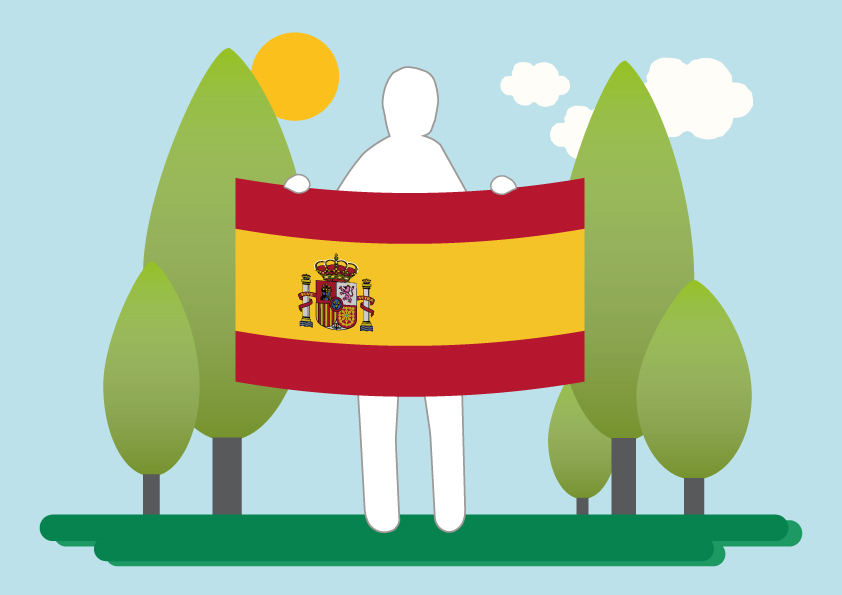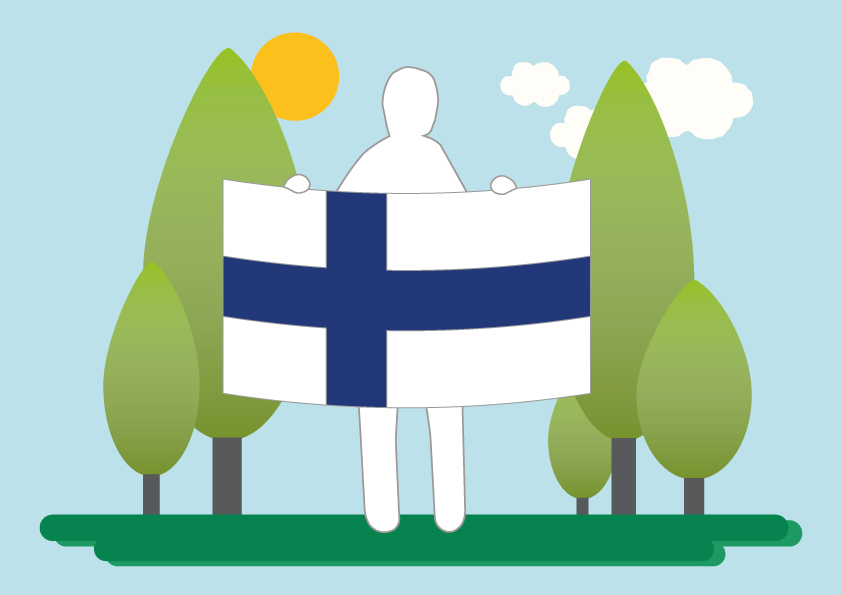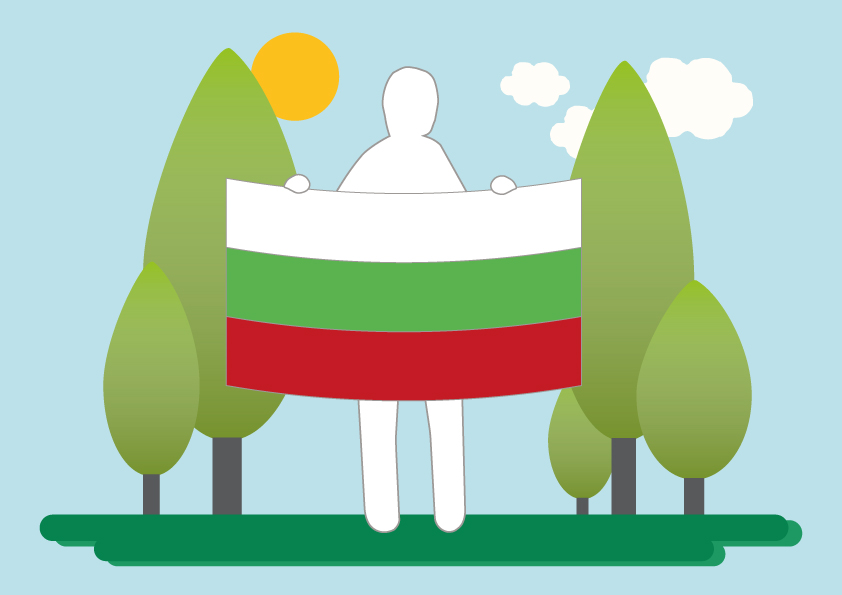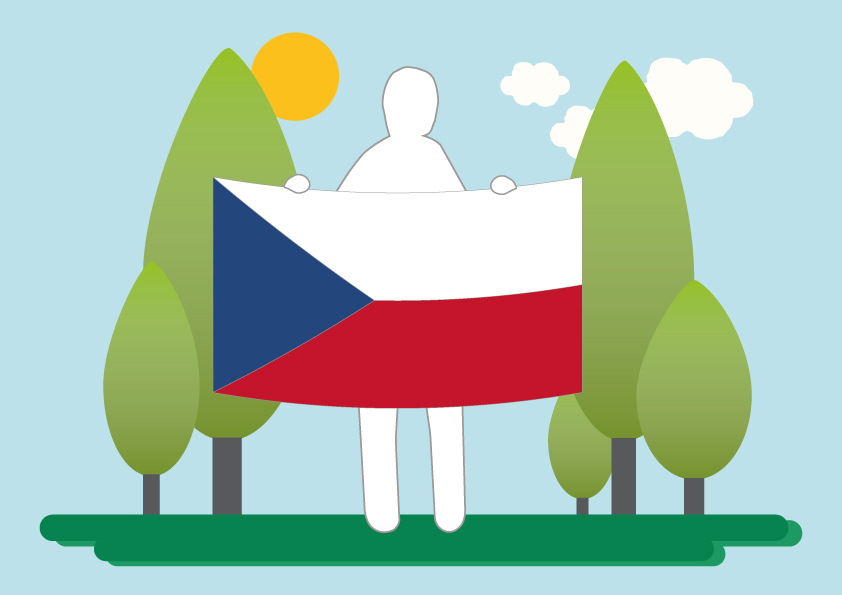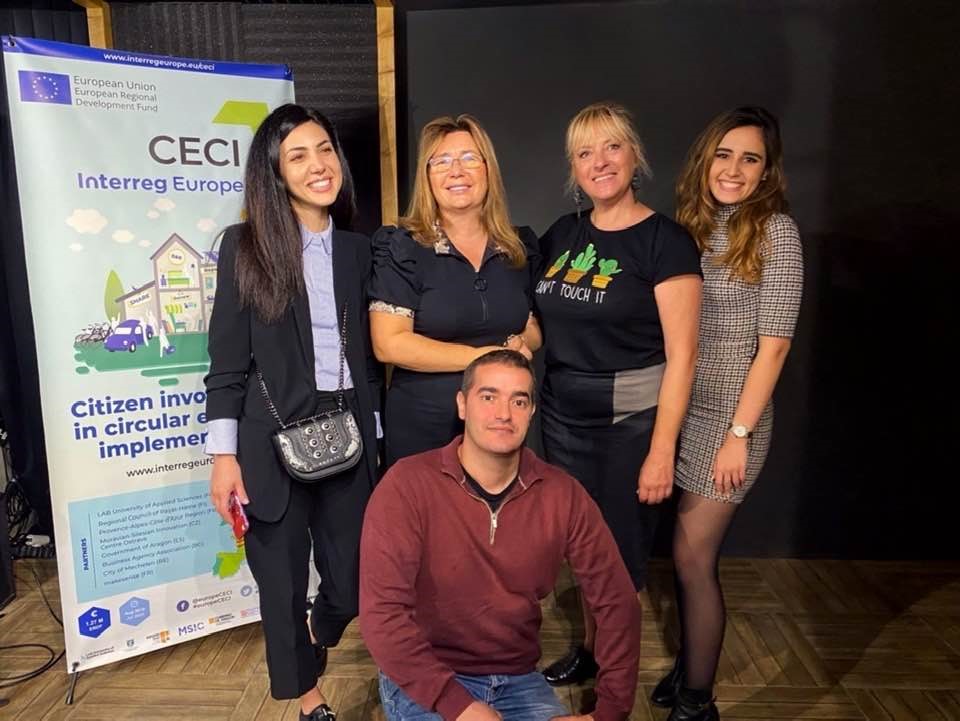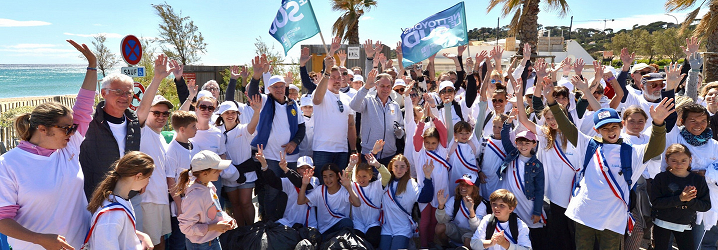The city of Mechelen, Belgium hosted the 3rd Interregional Meeting focusing on ”The action planning process” on June 2nd and 3rd. Due to the Covid-19 limitations that are currently still in place, the meeting was held digitally. However, that did not stop the CECI partners from an active collaboration of exchange on good practices and engaging stakeholders within the action planning processes.

On the morning of the opening day, June 2nd, 2021, Mechelen organized a thematic workshop about the valorization of bio-waste. Eight speakers inspired the participants. Subjects included growing mushrooms of coffee grit, bio-waste collection in rural and urban areas, community composting, and other good practices involving citizens in the transition to a circular economy. Participants were free to ask questions and give their opinions, resulting in an active and collaborative dialogue.
In the afternoon, an interactive session on new ways to involve stakeholders in policy-making using a Miro-board was held for all project partners and their stakeholders. The partners assessed their own participatory action planning process and learned from the processes of the other partners.

CECI partners used a new self-assessment tool provided by the organizing partner, Mechelen, which was well received. “It gives us a good overview of our strengths and weaknesses in our planning process, and will help us in addressing these challenges when moving forward.” Said Lia- Filippa Kirova from the Business Agency Association in Varna (Bulgaria). “It’s a useful assessment tool.”
On the second day of the 3rd CECI Interregional meeting, the CECI partners explained the current status of their action plans which are now drafted. While going over those action plans, it became clear that there were a few recurring topics among all partners. These included specific value chains such as textiles, transport, or specific waste streams such as organic waste. The topics concern all of the partnering countries. Besides those, the partners and their stakeholders also wish to develop more sharing economy systems and hubs where innovative and inclusive entrepreneurship takes place. This is a goal for the next phase of the CECI project. Circular economy businesses grow within clusters of social innovation. The circular economy action happens in big buildings of industrial out spares. Formerly unused spaces that are completely taken over by citizen collectives and entrepreneurial people. Citizens use those spaces for running alternative gardening projects or circular textile initiatives. Including refugees or other groups of people who are not easily included in the economy. Mechelen, as regional or local authorities, struggle in helping them. This is because all of the Mechelens policy makings happens in separate topics or bodies operate in one segment: One actor can help with social inclusion, another actor is active in helping starters. To foster the transition to a new economic model, we need to start working across boundaries”, says Gerhard Wolf from the CECI partner in the region of Provence-Alpes-Côte-d-Azur.

After diving into our action plans or policy situations, the partners held their semestrial steering meeting. In this meeting they looked back on their progress and indicators achieved, to make a plan for the next two semesters to come. Next, CECI Interregional Meeting is scheduled for November 2021, in Mechelen, Belgium.
